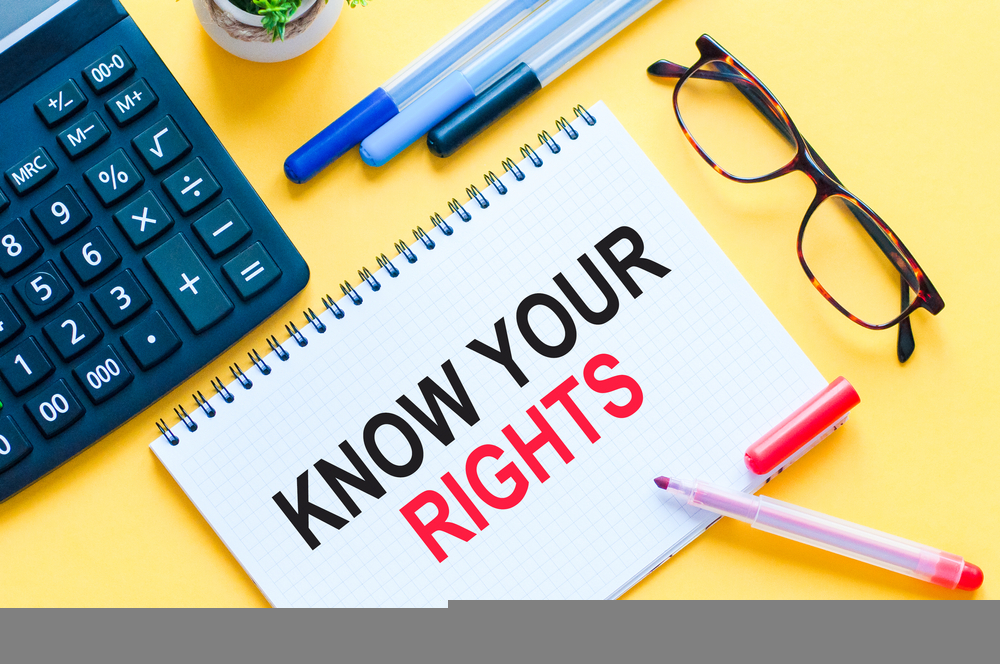Constitutional Rights
Freedom of Speech and Expression: Under Article 21(1)(a) of the 1992 Constitution, individuals have the right to express their opinions without government restraint. This encompasses various forms of communication, including spoken words, written publications and artistic expressions. However, this right is balanced with responsibilities and restrictions, particularly where speech incites violence, hatred, or discrimination. For example, the Criminal Offences Act, 1960 (Act 29) includes provisions that address libel and slander, ensuring that freedom of speech does not harm others unjustly.
Right to Privacy: Article 18(2) of the Constitution guarantees the privacy of individuals’ homes, property, correspondence and communications. This protection extends to personal data, which is regulated under the Data Protection Act, 2012 (Act 843). The Act requires data controllers to ensure that personal information is collected, processed and stored securely and lawfully. For instance, businesses collecting customer data must obtain consent and ensure that data is used only for the intended purposes.
Right to Due Process: Ensured by Article 19 of the Constitution, due process guarantees fair treatment through the judicial system. It includes the right to a fair hearing, the right to be presumed innocent until proven guilty and the right to legal representation. In criminal cases, this means the accused must be informed of the charges, have access to a lawyer and be given an opportunity to defend themselves in court. The Judicial Service of Ghana oversees the implementation of these rights to ensure justice is served fairly and impartially.
Consumer Rights
Right to Safety: Consumers in Ghana are protected against products that pose a hazard to their health or safety. The Ghana Standards Authority (GSA) and the Food and Drugs Authority (FDA) enforce regulations to ensure products meet safety standards before reaching the market. For instance, the FDA regulates the safety and efficacy of pharmaceuticals, food, and cosmetics, while the GSA sets standards for various consumer products. Regular inspections and market surveillance help to identify and remove unsafe products, thereby protecting consumers.
Right to Be Informed: The Consumer Protection Act, 2012 (Act 850), ensures consumers have access to accurate information about products and services. This includes clear labeling, truthful advertising and provision of necessary product details. For example, food products must have labels indicating ingredients, nutritional information, and expiration dates. This right helps consumers make informed decisions and protects them from misleading or false advertising.
Right to Choose: Consumers should have access to a variety of products and services at competitive prices, fostering a competitive market that encourages innovation and fair pricing. The Competition Law aims to prevent monopolies and promote fair competition, ensuring that consumers have options. For instance, the telecommunications sector in Ghana is regulated to ensure multiple service providers can operate, giving consumers a choice in selecting their preferred provider.
Employment Rights
Right to Fair Compensation: The Labour Act, 2003 (Act 651), ensures that employees receive fair wages for their work, including adherence to minimum wage laws and overtime pay. The Fair Wages and Salaries Commission oversees the implementation of these standards. Additionally, employees are entitled to receive their wages regularly and without unjust deductions. For example, domestic workers, who often face exploitation, are protected under this Act to ensure they receive fair pay and working conditions.
Right to a Safe Workplace: Employers are required to provide safe working conditions as per the Labour Act. This includes ensuring health and safety standards are met to protect workers from occupational hazards. The Factories, Offices and Shops Act, 1970 (Act 328) further mandates employers to provide safe machinery, proper ventilation and adequate sanitary facilities. Regular inspections by the Labour Department help to enforce these regulations and ensure compliance.
Protection Against Discrimination: The Constitution and various labour laws protect employees from discrimination based on race, gender, religion, disability, and other characteristics. These protections help create an equitable work environment. For example, the Persons with Disability Act, 2006 (Act 715) requires employers to make reasonable accommodations for employees with disabilities, ensuring they have equal opportunities in the workplace.
Property Rights


